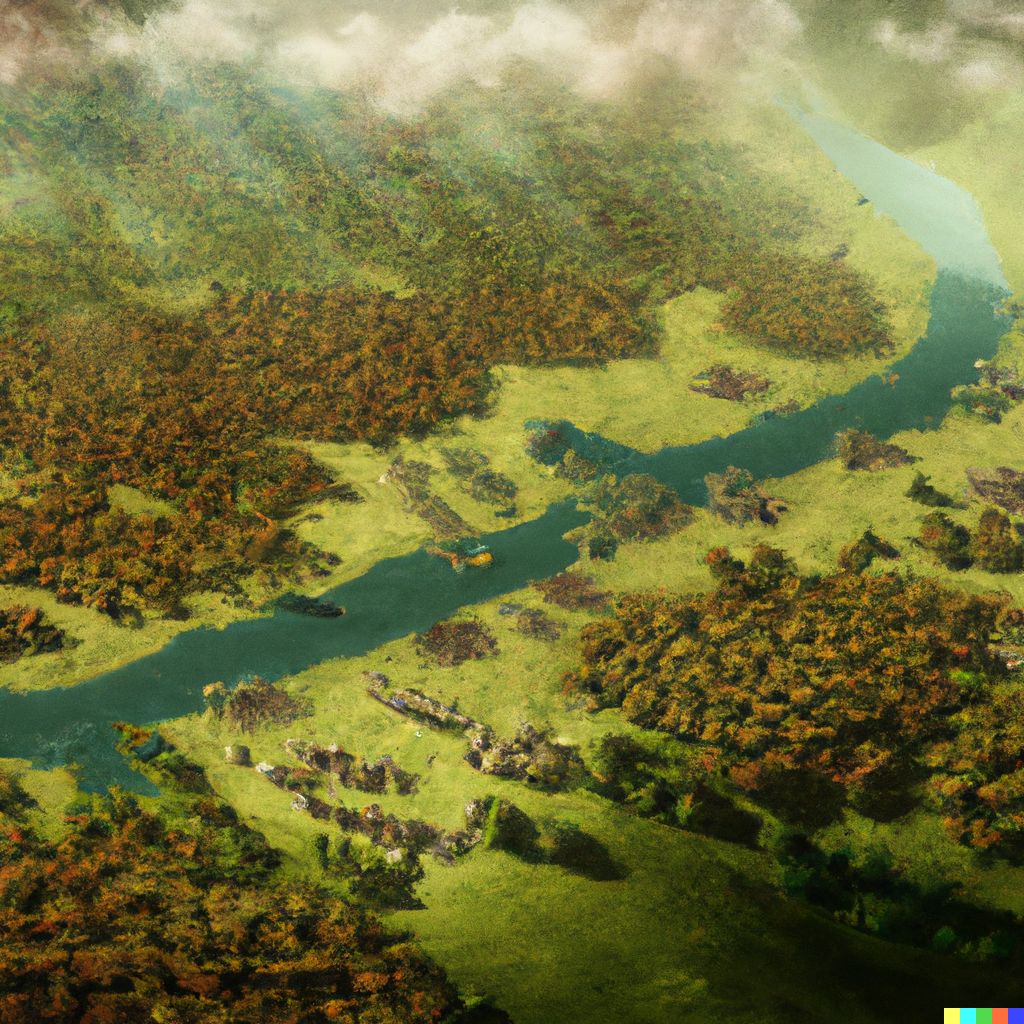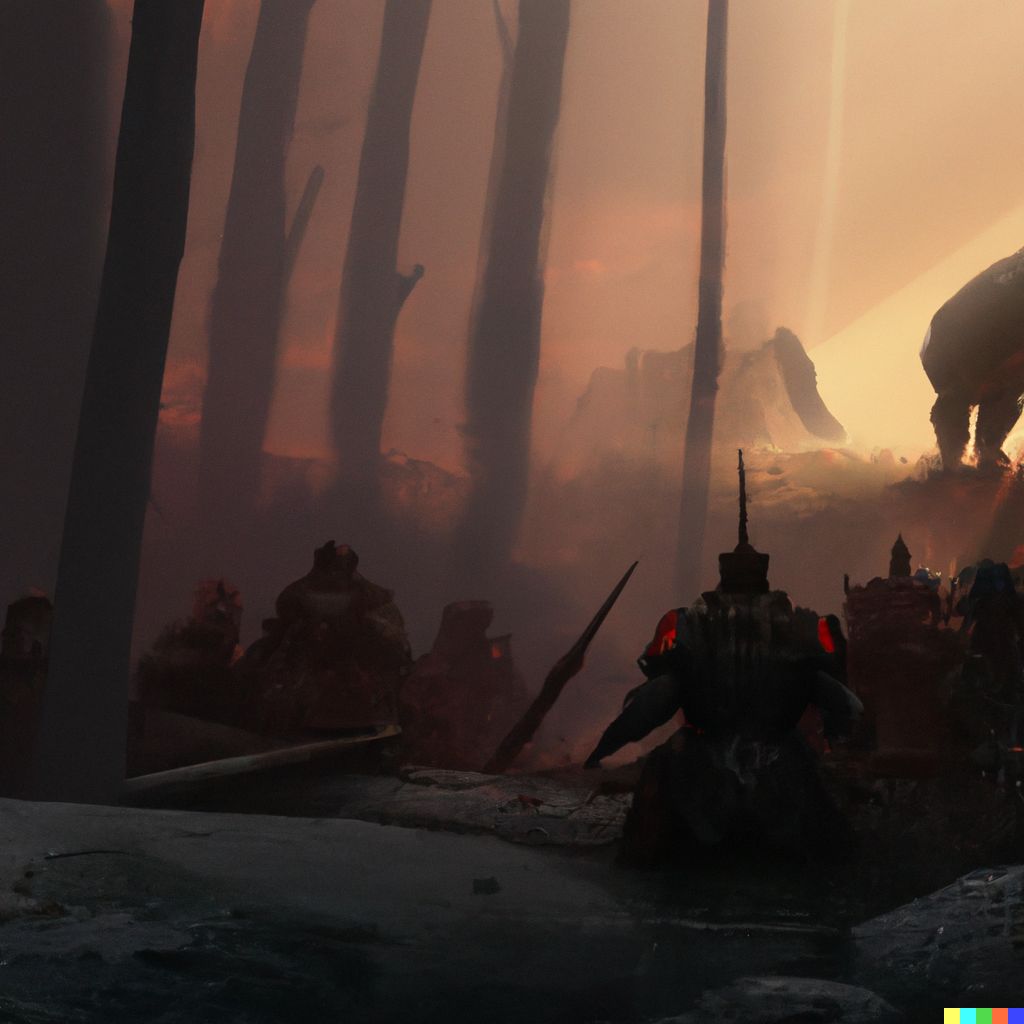Dear History Buffs,
In our ongoing journey through the annals of world history, we've been engrossed in the epic saga of the Greco-Persian wars. It's a tale filled with heroic stands, strategic maneuvering, and momentous clashes that shifted the course of civilization. This week, we're zeroing in on a particular turning point in this grand narrative: the Battle of Plataea.

The setting is Greece, 479 BCE. On one side, we have the indomitable Persian forces, led by the ambitious and cunning commander Mardonius. On the other, a confederation of Greek city-states led by the Spartan general Pausanias, each with their own unique skills and resolve. It was at the Battle of Plataea that these two titanic forces met in a head-on confrontation that would decide the outcome of the Persian invasion.
After their naval defeat at the Battle of Salamis, the Persians had taken control of Athens. Mardonius, trying to exploit potential divisions among the Greeks, proposed peace deals to certain city-states. This gambit backfired, however, prompting the Greek states to unify against their common foe. The stage was set for a battle of epic proportions near the small city of Plataea.
The Battle of Plataea is memorable not only for its scale but also for its strategic importance. The Greeks had learned from their past encounters with the Persians, developing tactics that made the most of their strengths. The phalanx formation, which had served them well at Thermopylae, was once again their main tactical approach. Conversely, the Persian forces relied on their superior mobility and numbers, hoping to break through the Greek lines and sow chaos.
After the two formidable forces had established their camps across the river Asopus, the tension in the air was palpable. Both armies, each well-aware of the other's capabilities and determination, were locked in a standoff. It was as if they were two chess masters, each waiting for the other to blink first, to make a move that would open up a sliver of vulnerability.
Days turned into nights and back into days, each side steadfastly maintaining their position, studying their adversary, gauging the right time to strike. It was a standoff not just of armies, but of strategies and nerve.

It all unraveled one fateful night, when a series of miscommunications within the Greek camp led to unexpected troop movements. Greek forces intended to reposition, with the aim to secure a better source of water and simultaneously maintain their strong defensive position. But the execution did not go as planned.
What was meant to be a strategic repositioning became a chaotic scramble in the darkness. The Greeks found themselves scattered, out of their well-organized phalanx formations that had previously served as their bulwark against the Persian onslaught. Unbeknownst to them, they had just forfeited their key advantages, and as dawn broke, they found themselves standing on the same side of the river as the Persian forces. They had, inadvertently, initiated a premature engagement - one they were not organized for.
This miscalculation could have spelled disaster for the Greeks, yet as we know, they managed to pull through, underscoring once again the unpredictability of war and the importance of adaptability in the face of sudden challenges.
Despite their initial panic, the Greeks managed to hold firm. The turning point came when a Greek soldier struck down Mardonius with a well-aimed rock, causing the Persian forces to falter and eventually retreat. It was a victory against the odds, testament to Greek tenacity and the unpredictability of battle.
In the grander scheme of the Greco-Persian wars, the Battle of Plataea marked a definitive end to the Persian offensive. It was a major turning point that reaffirmed Greek independence and allowed for the flourishing of Classical Greek culture, leaving a lasting impact on our world's history.

We hope you've enjoyed this deep dive into the Battle of Plataea. As always, we are committed to bringing you engaging, thorough insights into our shared past, one war at a time. Stay tuned for our next episode where we wrap up the Greco-Persian wars and delve into the lingering impacts they had on the world.
Best, Brett and Victor
Creator’s Notes
Hi everyone!
Last time we talked about ChatGPT, the “brain” behind Victor. Today we’re going to discuss the “voice”.
Victor is voiced by Elevenlabs, an AI voice synthesis model. They have several pre-made voice models ready to go, but I chose to use a custom model, so that Victor’s voice is uniquely Victor. They are relatively limited in their voice creation, only allowing for gender, age, and accent inputs. I got pretty lucky in that I stumbled onto Victor’s voice within the first few generations. I loved his deep tones and clarity of speech, so I went with it and tested a few lines of dialog. Honestly, I’m a little jealous of his voice, especially when compared to my own nasally speech!
Originally, my workflow was to create a script, then copy Victor’s text into the Elevenlabs web UI, then save each clip, and import it into Audacity. More recently, I write the script in Google Sheets, then export it as a CSV. I wrote a python script that consumes the CSV, and sends each individual block of text from Victor to the Elevenlabs API. It then saves them as a set of MP3s. I’m really hoping that a service is made available that allows for uncompressed audio outputs, as I’m not a fan of reencoding all of Victor’s speech.
As I’m recording my own audio, I do occasionally find that I don’t like the generated intonation of a section of Victor’s speech, and so I take his text and re-prompt the Elevenlabs service to get a new intonation. Sometimes this takes a couple iterations to get a version that I like.
So that’s how Victor’s voice came to be! Thanks for reading, and let me know what else you’d like to know about the production of A History of the World, According to War!
— Brett
